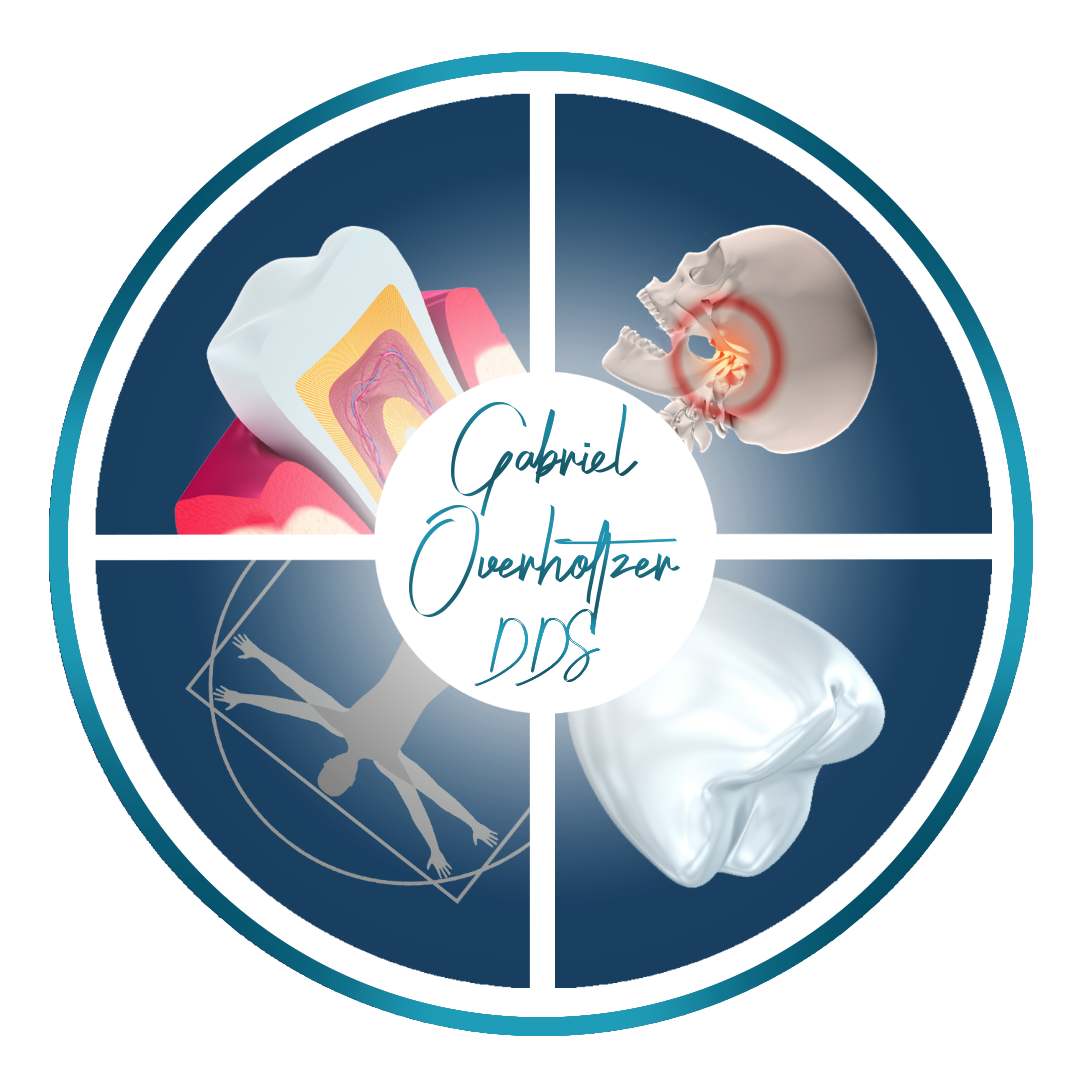Dental hypoplasia is a dental condition characterized by the incomplete development of tooth enamel, which can lead to weakened and discolored teeth. It is a dental concern that requires specialized care to address its unique challenges. In this article, we will explore the dentists who are qualified to diagnose and treat dental hypoplasia and the approaches they employ to restore oral health.
General Dentists
General dentists are often the first point of contact for individuals with dental concerns, including dental hypoplasia. They play a vital role in diagnosing the condition during routine dental check-ups. General dentists can provide essential guidance on maintaining oral hygiene and offer preventive measures to minimize the progression of dental hypoplasia.
Pediatric Dentists
Pediatric dentists, or pedodontists, specialize in the dental care of children and adolescents. Since dental hypoplasia can affect developing teeth, pediatric dentists are well-equipped to diagnose and manage this condition in younger patients. They focus on creating a comfortable and reassuring environment to ensure children receive the necessary care.
Prosthodontists
Prosthodontists are dental specialists who concentrate on the restoration and replacement of teeth. For individuals with severe cases of dental hypoplasia that result in weakened and damaged teeth, prosthodontists can develop comprehensive treatment plans. This may include the creation of custom dental prosthetics, such as crowns or veneers, to strengthen and improve the appearance of affected teeth.
Endodontists
Endodontists specialize in treating issues related to the dental pulp and root canals. In cases where dental hypoplasia leads to pulp exposure or infection, endodontists can perform root canal therapy. This procedure removes the affected pulp, disinfects the root canal, and seals it to save the tooth from extraction.
Orthodontists
Orthodontists primarily focus on correcting misaligned teeth and jaws. While they may not provide direct treatment for dental hypoplasia, they can work in collaboration with other dental specialists to address both alignment and hypoplasia-related issues. Orthodontic treatments, such as braces or aligners, may be recommended to improve the overall function and appearance of the affected teeth.
Cosmetic Dentists
Cosmetic dentists are skilled in enhancing the aesthetics of a patient’s smile. For individuals with dental hypoplasia who are concerned about the appearance of their teeth, cosmetic dentists can offer a range of treatments, including teeth whitening, dental bonding, and veneers. These procedures can improve the color, shape, and overall look of the affected teeth.
Conclusion
Dental hypoplasia is a condition that requires specialized dental care to address its unique challenges. General dentists play a crucial role in initial diagnosis and preventive care, while pediatric dentists ensure that children with dental hypoplasia receive appropriate treatment. Prosthodontists, endodontists, and orthodontists offer specific interventions tailored to the individual’s needs, from restorations to root canal therapy and alignment correction. Cosmetic dentists provide options for improving the aesthetics of affected teeth. In bishop you can visit Skyline Family Dental – Gabriel Overholtzer DDS to Collaborate with qualified dental professionals to ensure you can receive the most effective and comprehensive care from an experienced dentist Bishop CA to restore oral health and confidence in your smiles.
